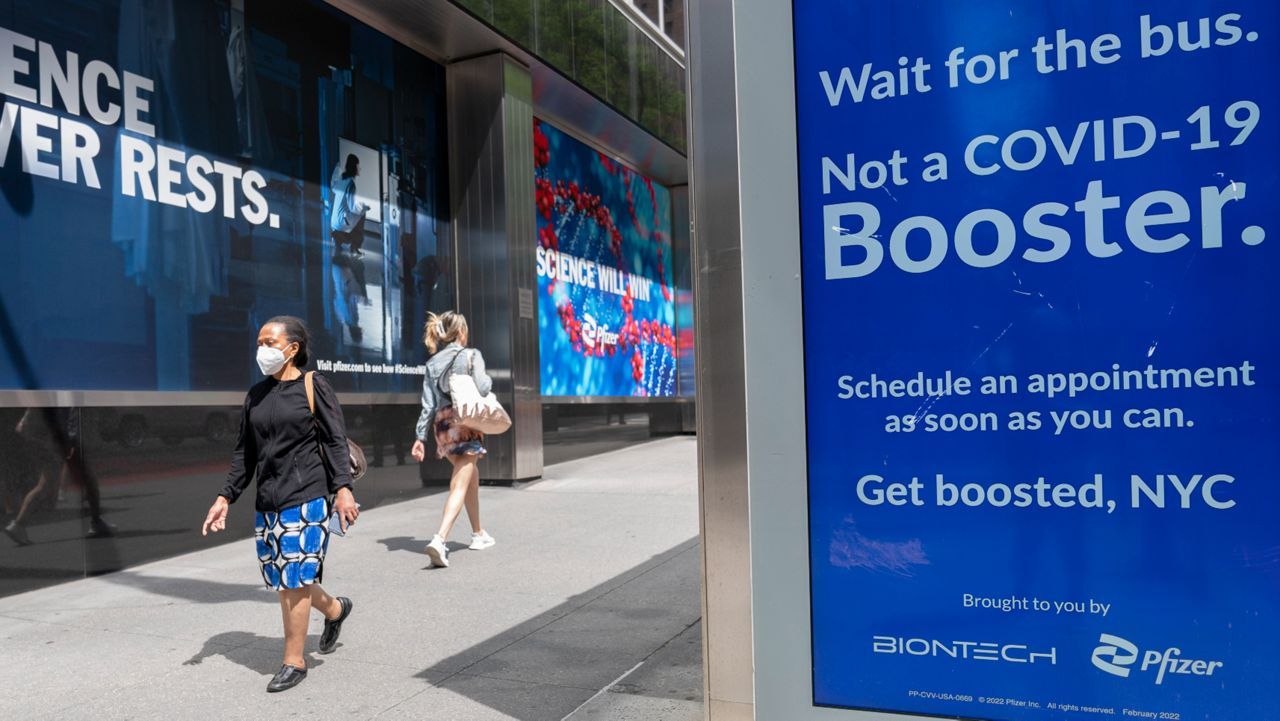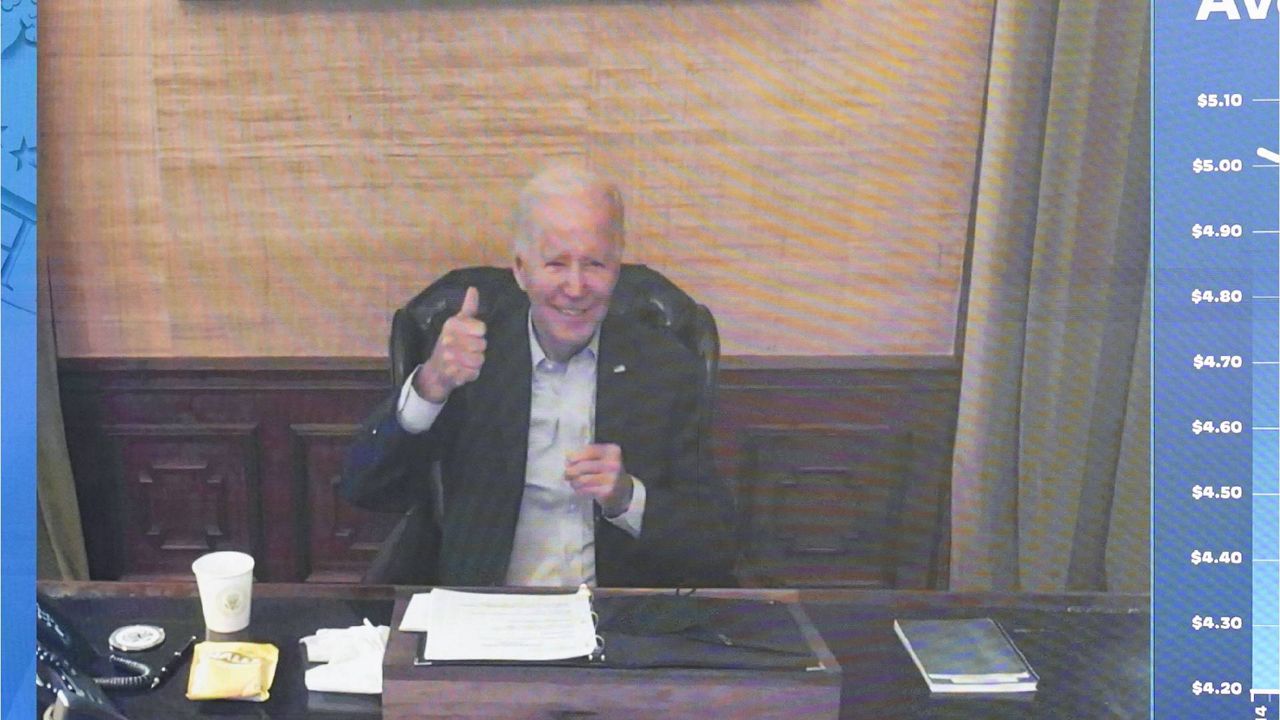For New Yorkers who are blind or deaf, social distancing presents unique challenges.
"It is difficult for me to keep that six foot distance from everyone because I can't tell where other people are," said Walei Sabry, the digital accessibility coordinator for the Mayor’s Office for People with Disabilities.
- LIVE UPDATES: Coronavirus in New York City
- LIVES LOST: Remembering Victims of the Coronavirus
- What to Do If You Test Positive for COVID-19
- CDC Coronavirus Page
- WHO Coronavirus Page
Sabry was born with retinitis pigmentosa, a degenerative condition that causes loss of sight over time.
He's identified as blind since the age of 19 and is one of an estimated 200,000 people with vision disabilities in the city.
Sabry says some of the services blind New Yorkers routinely rely on in normal times, from grocery shopping to laundry, suddenly are in high demand, leading to lengthy waits for them.
"It has been a bit more difficult for us to get food and supplies. We have had to maybe rely on the kindness of others to either get them for us or some other work around," added Sabry.
Another challenge for visually disabled New Yorkers: Using their sense of touch.
Reading braille on public surfaces now brings the risk of coming in contact with the coronavirus.
Sabry says people who are blind have to be even more vigilant about washing or sanitizing their hands. However, he says staying inside is probably more of a challenge for New Yorkers with full sight than those who are blind.
"It has actually been a pretty common practice in the blind community to have these virtual hangouts and watch parties. We have already been used to that throughout our lives, " said Sabry.
Deaf New Yorkers face a different set of challenges.
Some people with hearing disabilities rely on reading lips, but with everyone covering their mouths, communication is limited.
Tony Wooden is the ASL direct project supervisor at the Mayor's Office for People with Disabilities. He says it has been difficult to find interpreters for virtual meetings and for patients in hospitals.
"It has always been a challenge to get interpreters and services, but it seems like this virus has actually made it worse,” said Wooden.
The Mayor's Office for People with Disabilities has published a guide detailing ways to make virtual meetings more accessible to those with different disabilities.
"I think there are some challenges where we are all, you know, in our own way experience this. All we can do is take it one day at a time, " said Wooden.









